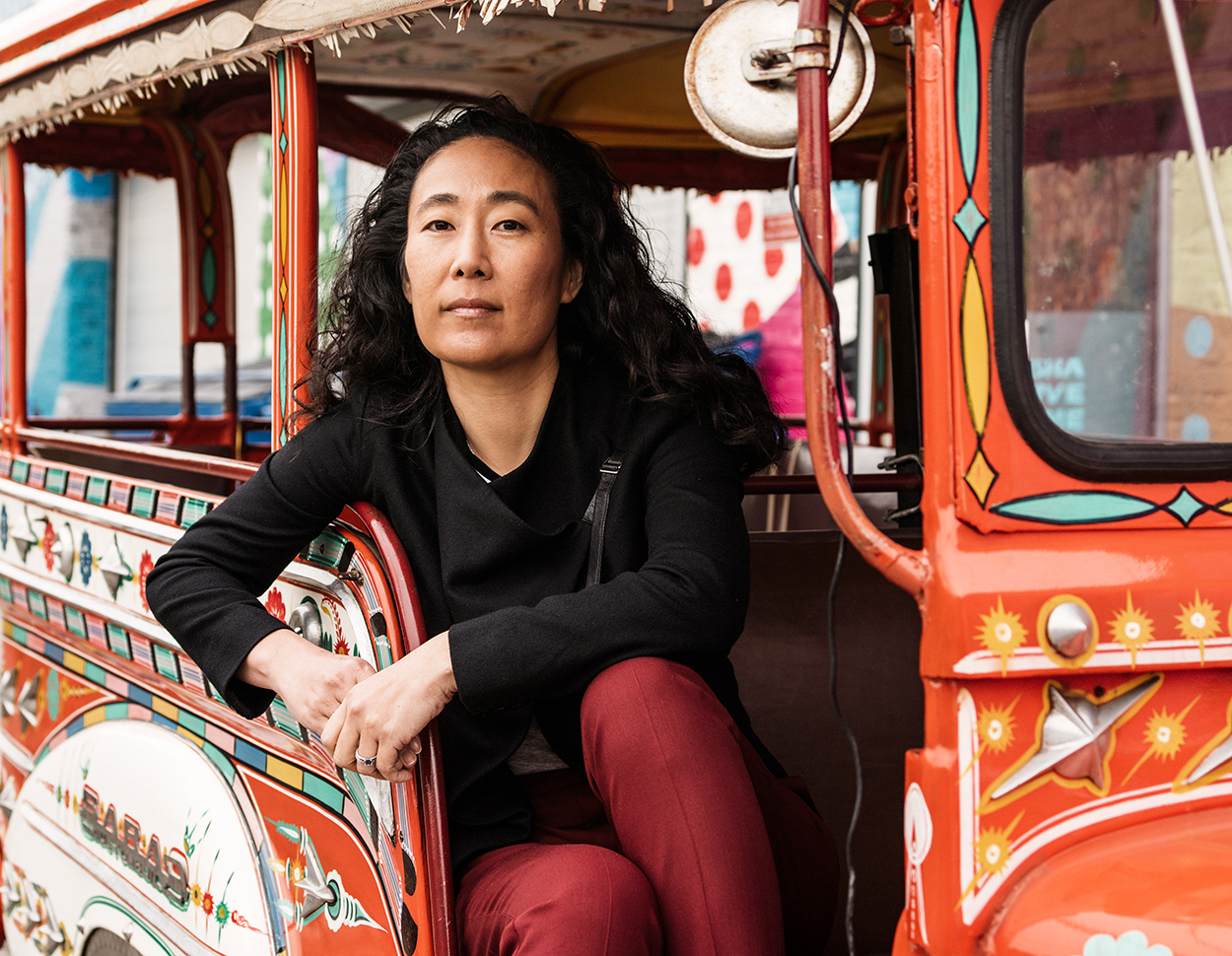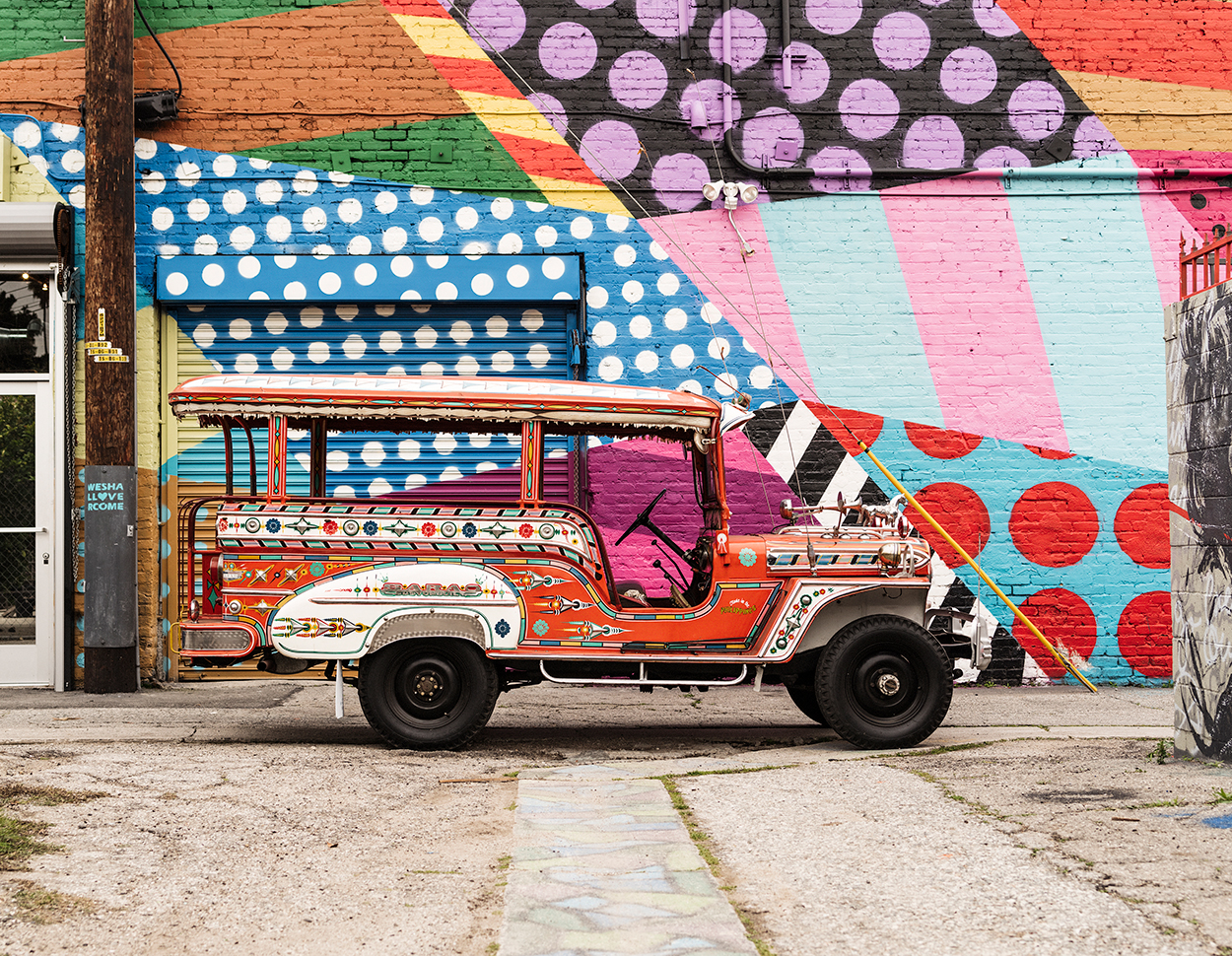Los Angeles artist Mark Bradford, who will represent the United States at this year’s Venice Biennale, recently addressed a group of museum supporters, saying, “We should push the boundaries of what it means to be an artist.” He is following through on that credo with his organization Art + Practice, which brings museum programming to the underserved L.A. neighborhood of Leimert Park while supporting local foster youth.
To keep up with the evolving nature of art-production enterprises like Bradford’s, several institutions and sponsors devoted to art are likewise changing their strategies. A standout is the L.A.-based Center for Cultural Innovation (CCI), a nonprofit that supports projects linking philanthropic institutions with individual artists. For CCI president and CEO Angie Kim, the program ultimately attempts to erase the delineation between the “high art” of the traditional art world and the “low art” of commerce. CCI is potentially the beginning of an expanding ecosystem that will incorporate art into local economies and vice versa.
Since its founding, in 2001, CCI’s primary intent has been to unfetter artists’ productivity and impact through its support network. The organization’s collaborators include forward-thinking supporters who share an exceptionally broad understanding of art, such as L.A.’s Department of Cultural Affairs, the Surdna Foundation, and the Roy and Patricia Disney Family Foundation. These groups are finding ways to provide the building blocks for a new breed of independent creative entities, allowing more artists such as Bradford to step out of standard artistic channels.
This year, through a pilot program called the Creative Industries Incentive Network (CIIN)—which operates in L.A., Richmond, San Francisco, San Jose, and Santa Ana—and its Los Angeles Creative Economic Development Fund, CCI will give $100,000 in grants, each up to $12,500, to a wide range of culturally minded start-ups and various five-person-and-under ventures. Kim describes the fund, which aims to spur economic impact in L.A. through art, this way: “These are grants for artists who are pursuing an artistic practice in order to have a positive social impact, using a commercial business strategy.”

